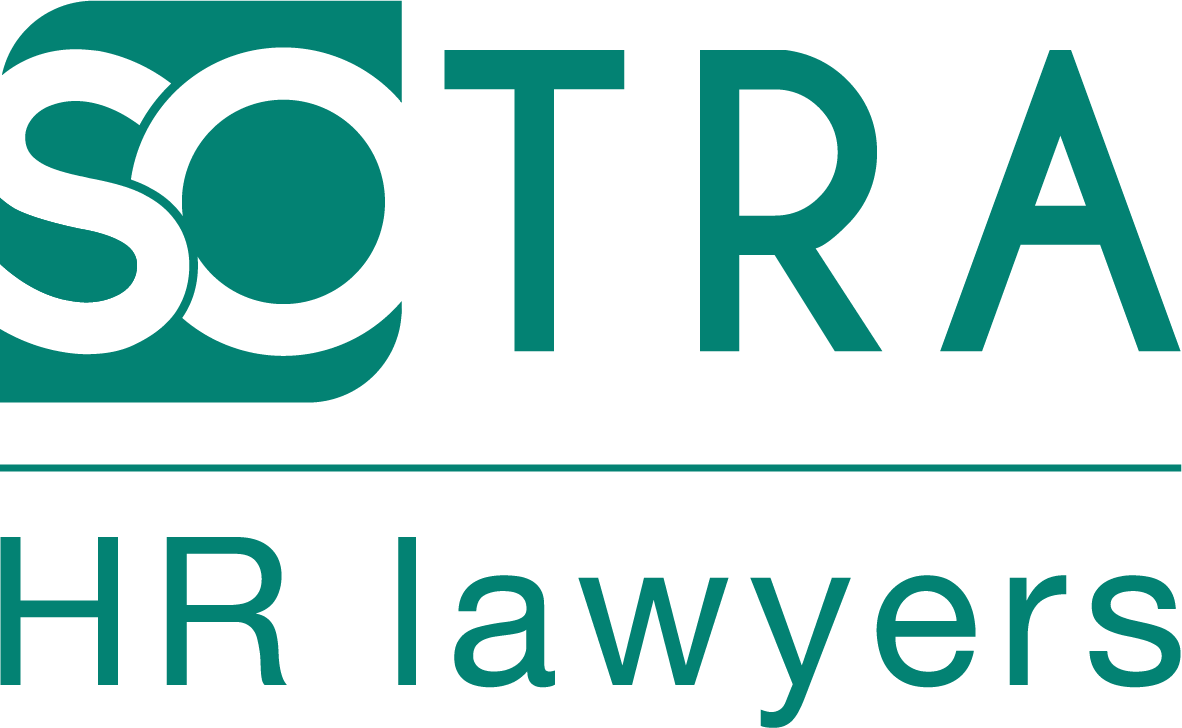
Artificial intelligence in HR: new perspectives and regulations
As AI becomes more prevalent in HR, employers will face new obligations, including those related to GDPR

AI is changing the way HR is managed, making it easier to recruit and monitor performance. With the new European AI Regulation and recommendations from the Belgian Data Protection Authority, employers will be subject to new rules when using AI in the workplace.
Introduction
Artificial intelligence (AI) is now being deployed in most sectors, including HR. Some companies are beginning to use AI to optimise their recruitment, performance management and productivity monitoring processes.
For example, some AI systems can evaluate responses and applicants in a recruitment process, while others can create profiles of 'ideal' candidates by identifying specific traits.
But using AI in this field is not without risk, particularly with regards to possible discrimination.
New European regulation on artificial intelligence
The new EU regulation on AI establishes a framework to ensure the transparency and safety of AI systems across the European Union. The Regulation came into effect on August 2024, but outlines a phased compliance schedule:
- February 2025: Workers using AI systems must possess sufficient knowledge of the technology.
- August 2025: General rules for AI models will come into force.
- August 2026: High-risk AI systems—such as those used in employment and recruitment—introduced to the market must comply with new safety and transparency standards.
AI systems and compliance with the GDPR
The Belgian Data Protection Authority (DPA) has issued guidelines to help employers integrate AI into HR services while ensuring compliance with the GDPR. These guidelines emphasize the following best practices:
- Avoid fully automated decisions: To safeguard workers' rights, the GDPR prohibits recruitment or dismissal decisions made solely by AI without human involvement.
- Ensure transparency and prevent bias: Employers must clearly communicate how AI tools use workers’ data and ensure that algorithms do not create discriminatory biases, particularly regarding gender or origin.
- Limit data retention: Data collected for evaluating performance or profiling candidates should only be retained for as long as necessary, aligned with the legitimate purposes of the processing.
To remember
AI offers employers opportunities to transform HR management, but it also requires increased vigilance to ensure compliance with Belgian and European regulations and workers' rights. We will keep you up to date with legislative developments in this area, given the phased entry into force of the AI regulation.
Sources:
- Regulation (EU) 2024/1689 on artificial intelligence, which came into force on 2 August 2024.
- Belgian Data Protection Authority (DPA), Artificial intelligence systems and the RGPD from a data protection perspective, September 2024 version, available here.
